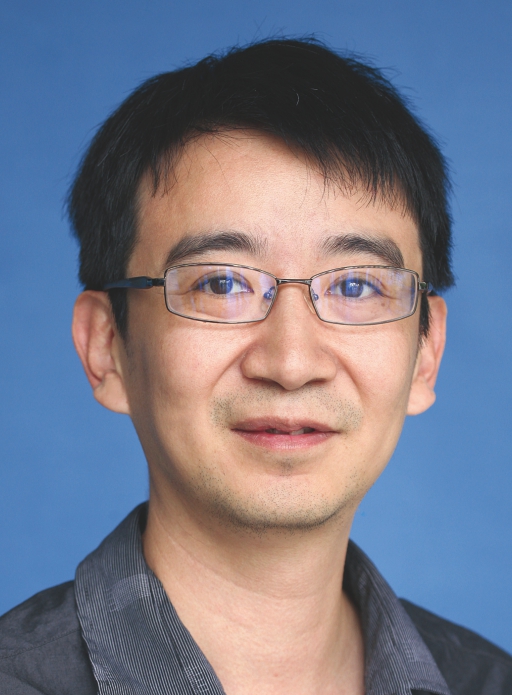Huang Yong, Professor
Tel:+86-755-2603-3586
Email: huangyong@pkusz.edu.cn
EDUCATION
1993-1997, B.S.,Peking University, Department of Chemistry Advisor: Xiulin Ye:
Research Training: Total synthesis of lignin family of natural products.
1997-2002, M.S., Ph.D.,The University of Chicago, Advisor: Viresh H. Rawal
Research Training: Development of novel asymmetric methodologies and application to complex molecule synthesis
EXPERIENCE
2002-2004, Postdoctoral Scholar, California Institute of Technology,
Advisor: David W. C. MacMillan
Research Training: Enantioselective organocatalysis
2004-2009, Merck & Co., Senior Research Scientist
Research focus: Various medicinal chemistry projects including GPR119 agonists, CXCR3 chemokine antagonists, novel antibiotics, etc.
2009-present, Peking University, Shenzhen Graduate School, Principle Investigator.
Research focus: Novel organic transformation development and applications to drug-like property studies & general medicinal chemistry.
2 Shenzhen Young Investigation Award,2010
3 "PengCheng" Professorship,2009
4 Elisabeth R. Norton Prize for Excellence,2002
RESEARCH INTERESTS
The Huang's group proposed the concept of drug-like property oriented synthesis (DPOS). Our research efforts aim to study drug molecule structure-physical property relationships by development of novel synthetic chemistry methods. Drug-like properties are one of the most critical factors for new biological target validation and small molecules successfully passing human clinical trials. Current design of molecular probes and lead compounds is mainly focused on their underlying biological activities, and has largely ignored molecules' intrinsic physical properties except the empirical Lipinski rule of 5 prediction. A qualifying new drug must pass strict efficacy and safety assessments by both scientific standards and regulatory requirements, which eventually survive double-blind, long term, large population scrutiny. Major reasons for high attrition rate are contributed to efficacy, safety and pharmacokinetics profiles. Generation of structural diversified scaffolds and their drug-like property studies is a very effective way to investigate this fundamental scientific question. Our research plans to design and execute a series of novel "one-pot" asymmetric cascade reactions for the synthesis of novel chiral heterocyclic libraries with structural versatility and desired drug-like properties. This work will provide valuable data, sample libraries and theoretical guidance toward discovering novel biological targets and privileged lead compounds for new drug discovery. Base on our previous experience in GPCR new drug discovery, the newly designed scaffolds will find immediate applications in GPCR new targets.

